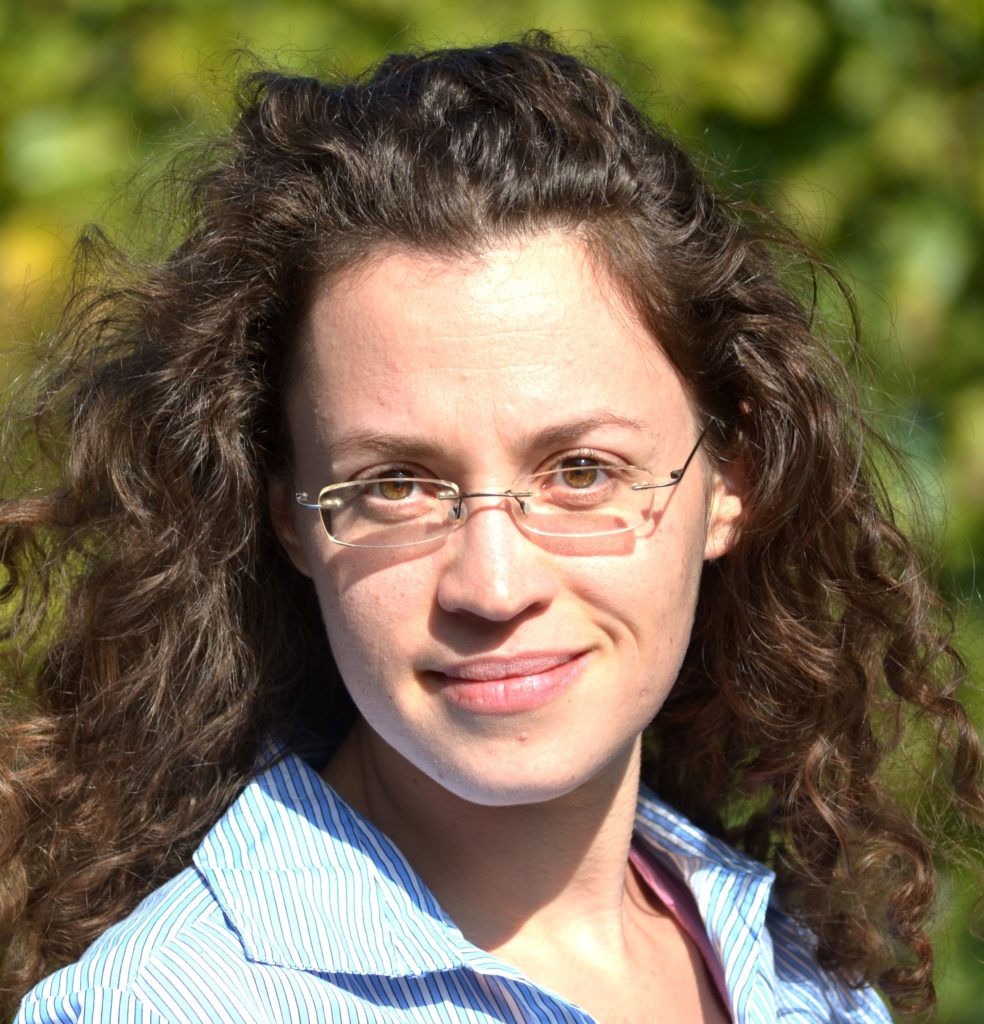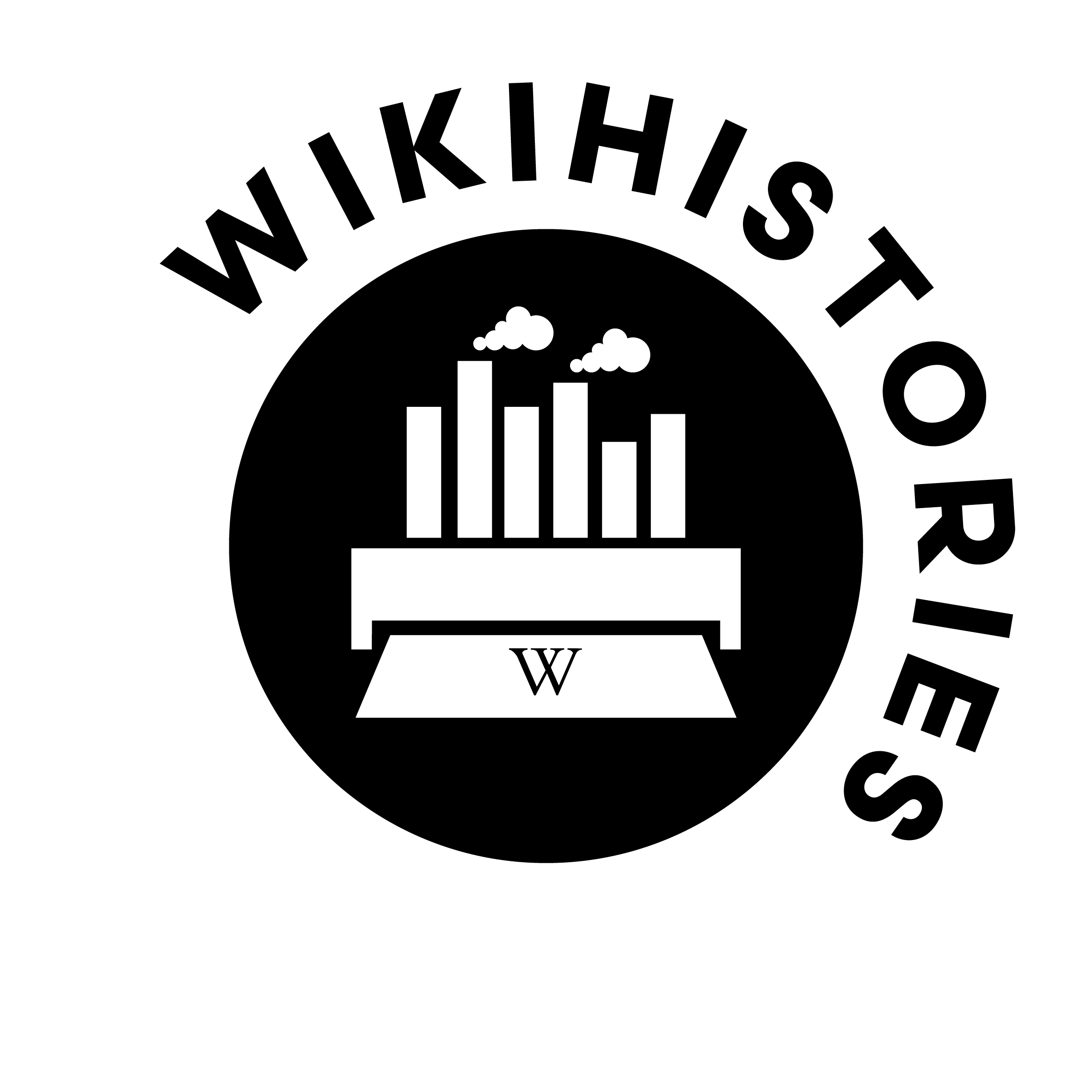For the past few years, a group of Wikipedia editors have been spreading disinformation on the history of the Holocaust. With no obvious ties to any government, they slowly but relentlessly hack away at reason and accuracy to promote ideological zeal, prejudice, and bias. Due to this group’s handiwork, Wikipedia’s coverage of Holocaust history follows a narrative touted by right-wing Polish nationalists. Its articles whitewash the role of Polish society in the Holocaust and bolster stereotypes about Jews, spinning fantastical tales about Jews’ involvement in large-scale crimes against Poles, and wildly inflating the scope of Jewish collaboration with the Nazis. Many editors have tried in vain to change the narrative over the years. How do so few editors – half a dozen at most – get away with twisting the truth? The answer lies in Wikipedia’s back pages, a vast space most people don’t know exists: talk pages (where editors discuss articles), noticeboards (where they ask questions and request assistance), and arbitration cases (where they take their disputes). Combined with interviews of editors in the field and data from Wikipedia’s statistical tool suites, a clear picture emerges. The distortionist editors misrepresent sources, use unreliable fringe sources, or cite no sources at all. They discredit established scholars and promote dubious authors until the very notion of reliability is turned on its head. They work as a team, outnumbering and exhausting their opponents. When distortionist editors do get sanctioned, they quickly bounce back because of their vast social capital on Wikipedia. There is a battle going on now, and the winners are yet to be declared. With the problem now exposed to the world, numerous new editors have stepped in to make corrections. Yet the distortionist editors are fighting tooth and nail to maintain their narrative. Meanwhile, the Arbitration Committee, Wikipedia’s highest authority, is scrambling to formulate a response, and editors across the encyclopedia are voicing concerns that the same type of problem occurs in other areas as well.

Shira Klein is Associate Professor of History at Chapman University. Her book Italy’s Jews from Emancipation to Fascism (Cambridge University Press) was awarded finalist for the 2018 National Jewish Book Award. She has received grants from the National Endowment for the Humanities, Memorial Foundation for Jewish Culture, USC Shoah Foundation, and the Barbieri Endowment. Since 2012 she has overseen Wikipedia-editing by 150 students, who added a total of 58,000 words to Wikipedia articles. She holds a Ph.D. in History and Judaic Studies from New York University. Her peer-reviewed article “Wikipedia’s Intentional Distortion of the History of the Holocaust” has garnered tens of thousands of views since its publication in February, and has received media coverage in English, Polish, Hebrew, German, and Spanish.

One response to “Shira Klein | Keynote: Wikipedia’s Distortion of Holocaust History”
[…] to discern the shape and character of things going “wrong”. In very different ways, from Shira Klein’s excavation of distortion, to Nathan ‘Mudyi’ Sentence and Kirsten Thorpe’s identification […]